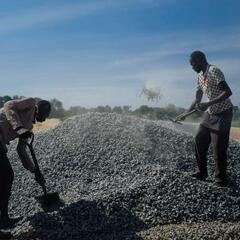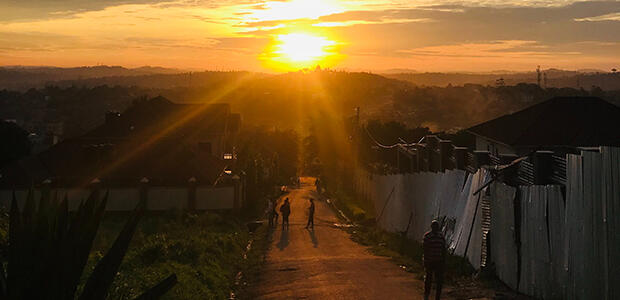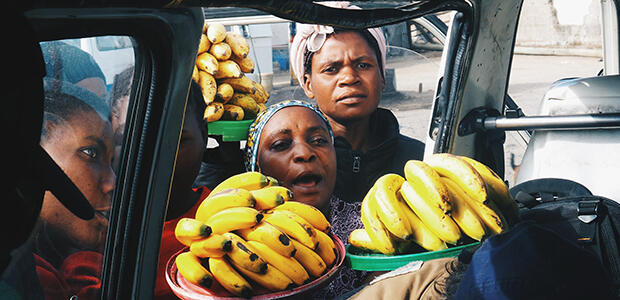About
The WIDERAngle publishes expert commentary and analysis of the latest research in global development. The WIDERAngle supports UNU-WIDER’s missions to undertake research and policy analysis on the most pressing concerns affecting humanity and provides a forum for knowledge sharing, discussion, and debate.
To see past newsletters, visit our WIDERAngle archive.
Write for the WIDERAngle
We accept submissions that represent sincere efforts to advance knowledge on topics related to the promotion of sustainable and equitable development for all. Although many of our writers are established in their fields, we particularly encourage submissions from early-career researchers, policy professionals, and writers who represent Global South countries and perspectives.
For guidelines on WIDERAngle submissions, please refer to our Guidelines for submissions.
Send submission queries to editorialteam@wider.unu.edu.
EDITORIAL TEAM
Executive Editor: Annett Victorero
Managing Editor: Timothy Shipp
Assistant Editor: Tristan Reid
 Join the network
Join the network

























